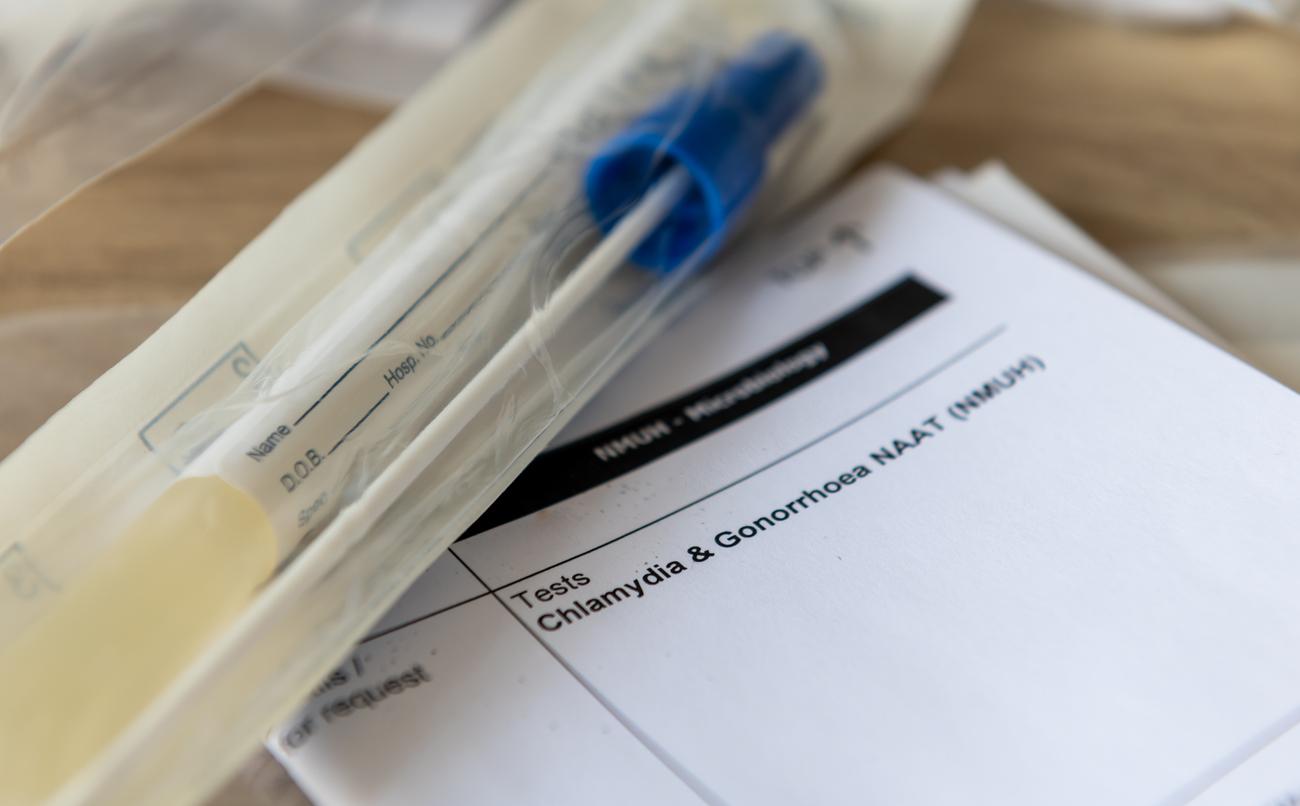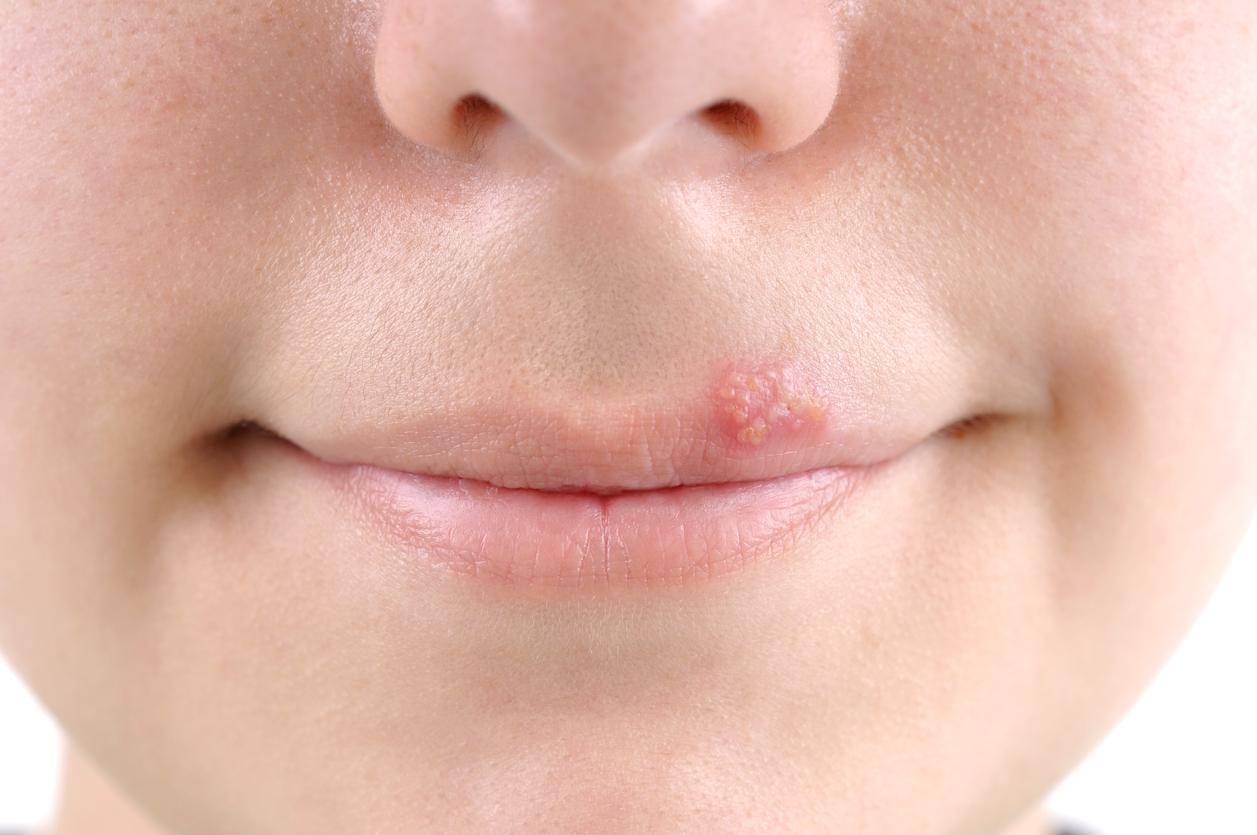One in five people with herpes have no symptoms. This sexually transmitted infection has contaminated a large part of the planet.

The number of people living with the herpes virus type 1 (HSV-1) is in the billions. 3.7 billion, specifies the World Health Organization (WHO) in PLOS One. Something to make you dizzy. Especially since the UN health agency only counts the population under 50 here. In addition, there are 417 million cases of genital herpes type 2. This infection, which causes small painful blisters on the genital or oral mucous membranes, is transmitted through sexual intercourse. An opportunity to take stock of this disease in 5 questions that you would not necessarily dare to ask.
How do you know if you have herpes? A screening is carried out, which consists of a blood test and a sample (oral, vaginal and / or anal, depending on the practice). Herpes is a sexually transmitted infection (STI) that can remain asymptomatic for a long time. 20% of infected people remain asymptomatic. This is especially the case in women, especially when the vaginal mucous membranes are affected. And while the first push often hurts, it isn’t always.
Which organs can be affected? Herpes is most often localized on the mouth (labial) or genitals. But it can also be transmitted to the throat via oral-genital contact. Thus, a sore throat may be linked to an outbreak of herpes. Conversely, oral herpes can be the cause of a genital infection, even if it is rarer.
Be aware that the eye can be infected with herpes, which can cause corneal damage and – very rarely – loss of vision. In this case, the virus is transmitted by the person himself, via the fingers. This is why, during periods of flare-ups, hygiene must be impeccable. Washing your hands regularly is a must. Touching the eyes should be avoided whenever possible. You should also not wet your contact lenses with saliva.
Is the treatment really useful? Treating yourself for several days in a row is important, even with oral herpes. It is a chronic disease, which can reappear after several months, and the outbreaks can be successive. The treatment is therefore interesting because it reduces the frequency of relapses and alleviates the symptoms.
Is the condom useful? The condom by itself is not sufficient. Without treatment, the virus can be transmitted when the fingers come in contact with infected mucous membranes. However, the herpes simplex virus enters the body through microscopic lesions on the skin or through the mucous membranes. It is therefore important to treat yourself. During an outbreak, it is better to abstain: the lesions remain contagious as long as they are not completely dried out. In addition, there is no need to think about avoidance techniques: the virus can spread even when there is no penetration.
Can we be indirectly contaminated? Genital herpes cannot be contracted through indirect contagion – such as by using a toilet seat or a bath towel. This is because the virus dies quickly when it leaves the body. It is also impossible to be infected through bath or swimming pool water.
.

















